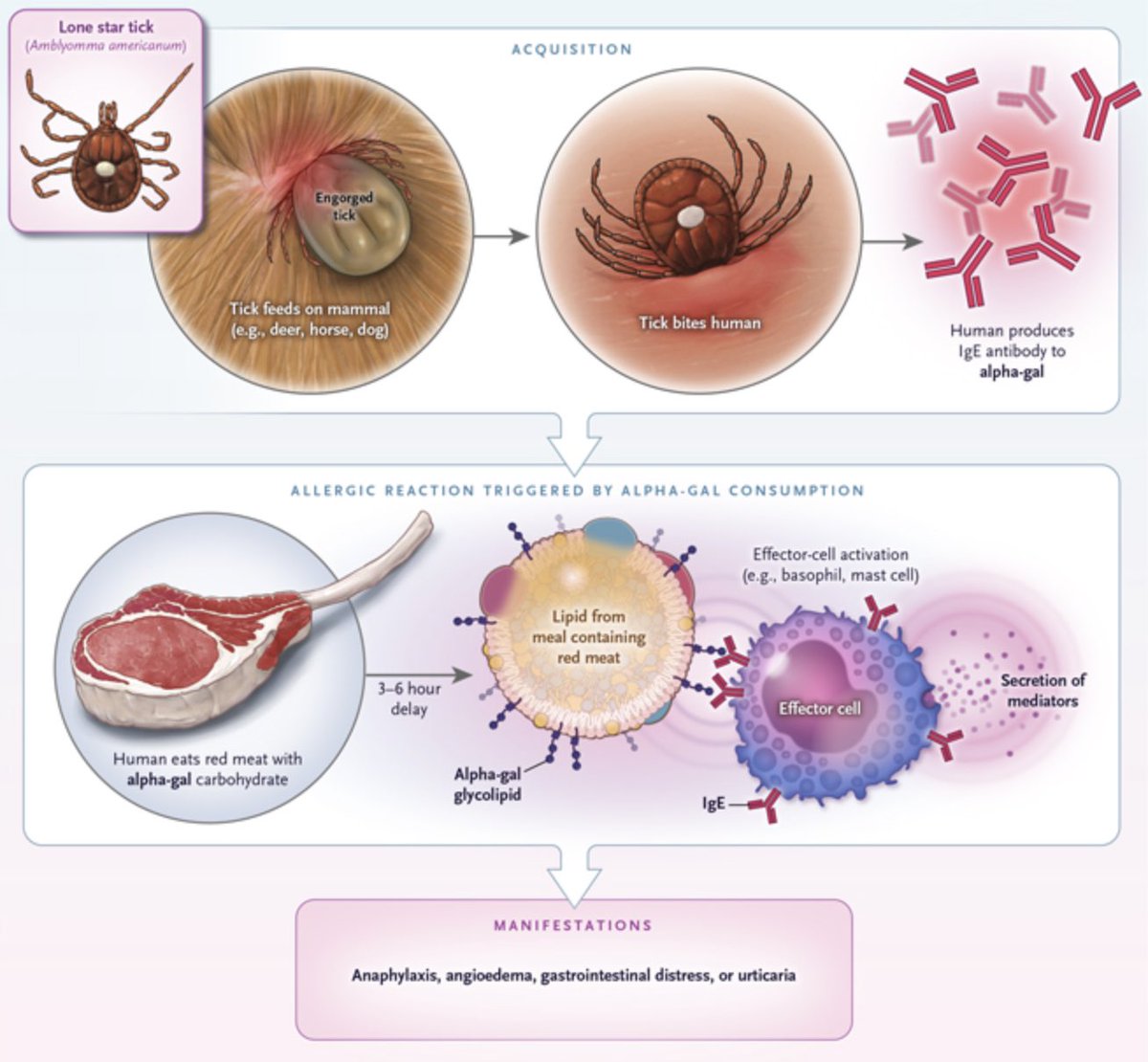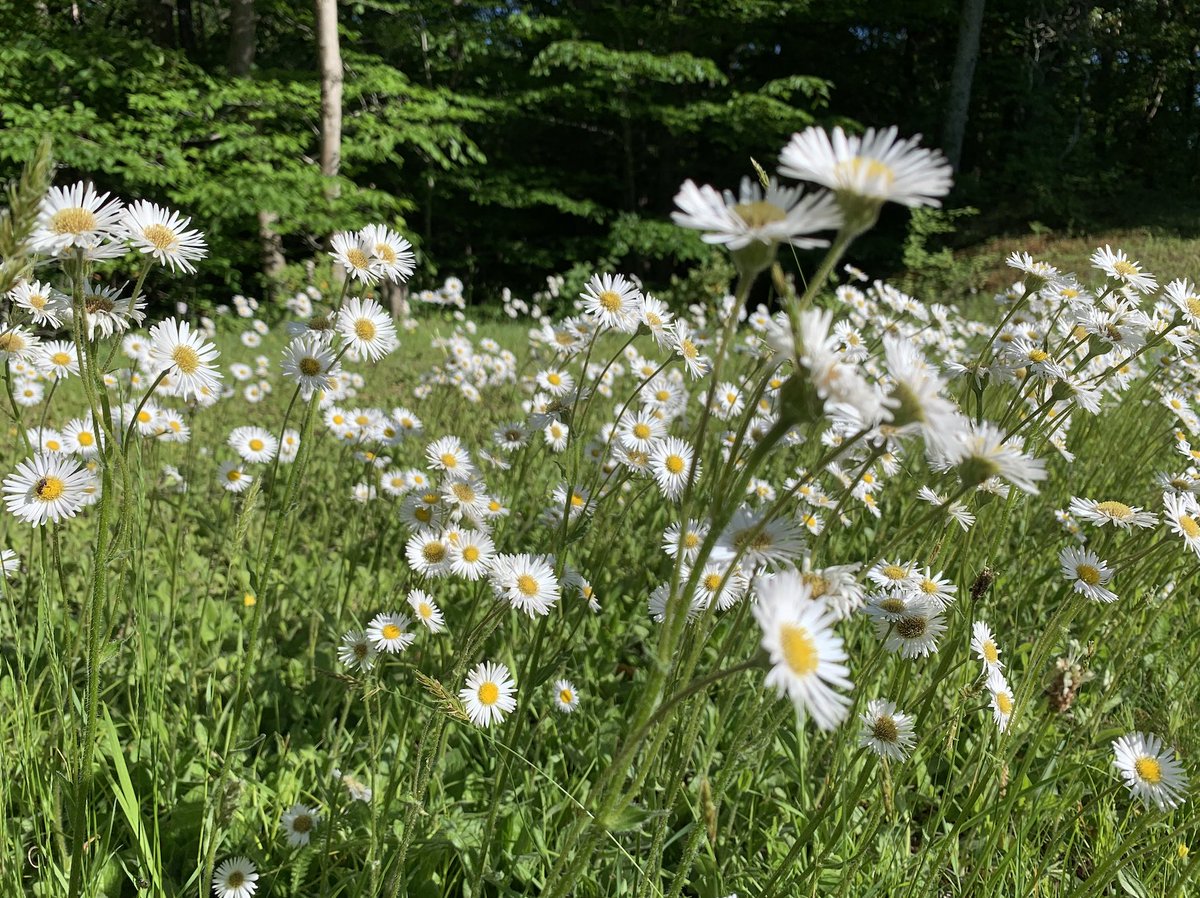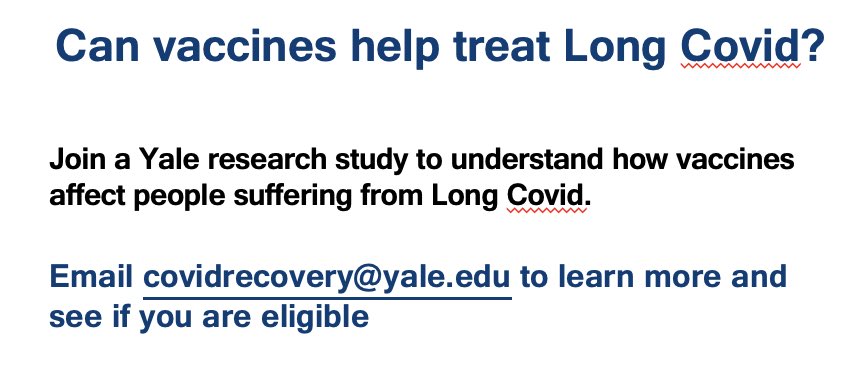
In this new Neuroview in @NeuroCellPress, I discuss "How COVID-19 has transformed my science”. Recounting my personal journey of how I responded to the pandemic, and how the pandemic has transformed the way I do science. Some lessons learned. (1/n)
cell.com/neuron/fulltex…
cell.com/neuron/fulltex…
Glad to highlight my amazing colleagues who made team science possible. The Yale IMPACT team, Albert Ko, @SaadOmer3 @NathanGrubaugh @ShelFarFar @CharleszYaleMed @EllenFoxman Allison Nelson & many others. @wade_schulz opened my 👀 to the power of data science (2/)
Yale IMPACT team made quite a contribution on our understanding of viral transmission, detection, disease and immunology behind COVID-19. @EricTopol says it best👇🏽 (3/)
https://twitter.com/EricTopol/status/1365341466210410496?s=20
I also learn a lot from being interviewed. My interest in #LongCovid research was sparked by @edyong209, who first interviewed me about this in June 2020. Ed’s articles also led me to @PutrinoLab whom we collaborate with to understand #longCOVID pathogenesis. (4/)
https://twitter.com/VirusesImmunity/status/1423407520866050049
I also highlight how Twitter has brought @dianaberrent @Survivor_Corps and our teams together to study how vaccines impact #longCOVID. Collaboration empowered by the amazing @hmkyale. Posts by @DanielGriffinMD @LongCovidSOS helped formulate my thoughts on this. (5/)
I had a whole section on 🐭 models of COVID and discoveries made by @BenIsraelow @ericsongg @tianyangmao which got deleted due to space limitation. So here I highlight them (6/)
pubmed.ncbi.nlm.nih.gov/33433624/
pubmed.ncbi.nlm.nih.gov/32750141/
pubmed.ncbi.nlm.nih.gov/34031656/
pubmed.ncbi.nlm.nih.gov/34159330/
pubmed.ncbi.nlm.nih.gov/33433624/
pubmed.ncbi.nlm.nih.gov/32750141/
pubmed.ncbi.nlm.nih.gov/34031656/
pubmed.ncbi.nlm.nih.gov/34159330/
Lesson learned: if I had to do it over again, one thing I would change would be to put my own mental health above other priorities from the beginning. My mistake was not realizing how much of this stress was impacting my own health. #MentalHealthMatters (7/)
I am sooooo fortunate to work with such talented, brilliant, dedicated and kind people in the lab who are making important discoveries daily. I am super proud of you all 💪🏼💜 (8/) 

My final thoughts about moving forward. I plan to keep #scicomm a priority. #VaccinesSaveLives
I am committed to advocating for #WomenInSTEM and to help promote more equitable and diverse scientific environment for the next generations to come. Thanks for reading 🙏🏼 (End)
I am committed to advocating for #WomenInSTEM and to help promote more equitable and diverse scientific environment for the next generations to come. Thanks for reading 🙏🏼 (End)
Also, very fortunate to collaborate with @Aaronmring. His REAP technology has transformed our understanding of autoantibodies in COVID. We continue to partner with Aaron and his team to understand the role of autoantibodies. (5b/) pubmed.ncbi.nlm.nih.gov/34010947/
I may have prematurely ended my acknowledgements 😣 @patientled @ahandvanish @LisaAMcCorkell @GinaAssaf @AthenaAkrami @herlifeinpixels all provided such important patient feedback for the Yale Recovery study below. So grateful to all of you!!
medrxiv.org/content/10.110…
medrxiv.org/content/10.110…
• • •
Missing some Tweet in this thread? You can try to
force a refresh













